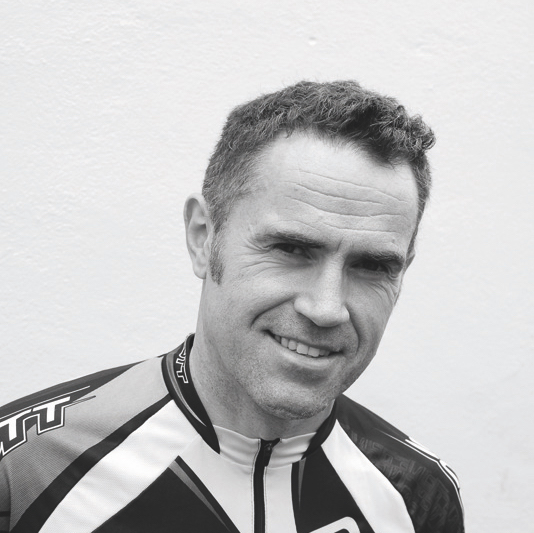A growing body of research is attempting to identify the best times to train and compete during the day to maximise your potential physiological development.
With new data available showing the effect of the time of day on repeated high-intensity performance and recovery patterns, cyclists can now begin to organise not just when in the week they train, but also when in the day. We can then control the impact each type of session will have on the body's adaptive consequences in terms of training and competition.
The premise that underpins the notion of body rhythms is centred on the body's biological state, which closely conforms to body temperature throughout the 24- hour cycle, and the way this impacts on our physiological and psychological state.
As adaptive nocturnal behaviour (working night shifts etc) or pharmacological interventions demonstrate, our body's rhythmic influence can heavily impact on our exercise capabilities. Researchers have examined whether performance in the sorts of early morning time trials that many of us have ridden at weekends, can be improved by exercising at specific times the day before a race. They concluded that an advantage may be gained in short-distance time trial performance by conducting training day(s) immediately before exercise, at a time that is similar to that of your race. Although not desynchronising the circadian rhythms, a training ride on the day before a race certainly allows for enhancement of physiological and (more importantly) psychological awareness of the body at such a time of day.
Recovery is highly dependent on rest and nutrition
Maintaining an advantage
Though training at any time will obviously raise performance levels, research has shown that the ability to maintain sustained exercise is adaptive to circadian rhythms. In other words, consistently training in the morning will allow you to sustain exercise during a morning performance longer than if you train in the evening. In support of this evidence, new research suggests that repetitive intermediate sprints, such as multiple 10- second sprint efforts, would also be best performed with the larks.
New findings noted that when repeated sprint performance and associated recovery occurred during the morning (between the hours of 8am and 10am) compared to an evening slot (between 5pm and 7pm), recovery patterns were found to be enhanced. That is to say, if you wanted to incorporate short-interval training into your weekly schedule, it would be best to fit the session into a morning slot. This is because it would appear that short-term recovery between each interval is enhanced, allowing for more intense and therefore meaningful sprints.
Clearly, recovery post-session to maximise adaptations is highly dependent on appropriate rest and nutrition in order to really see the benefit of a rescheduled day. But the growing body of evidence would seem to suggest that if you're going to maximise your time on the bike, you should start to consider when you train as well as what you do.
